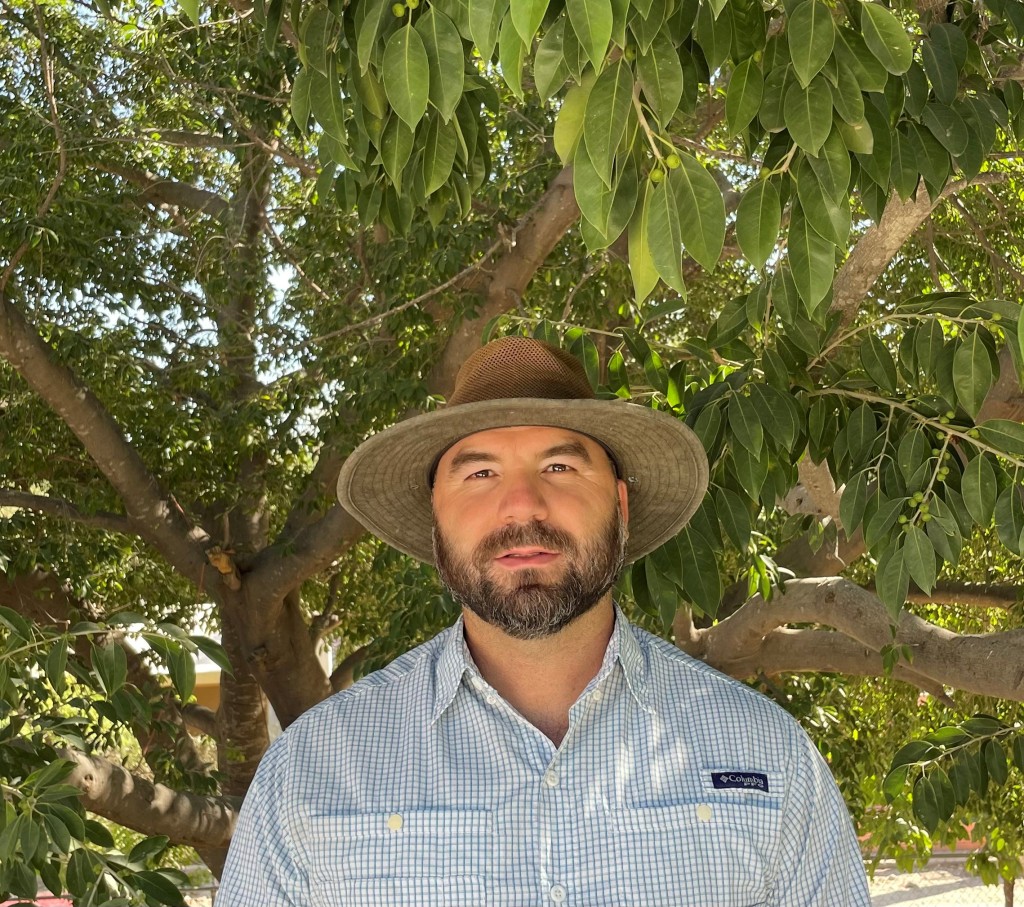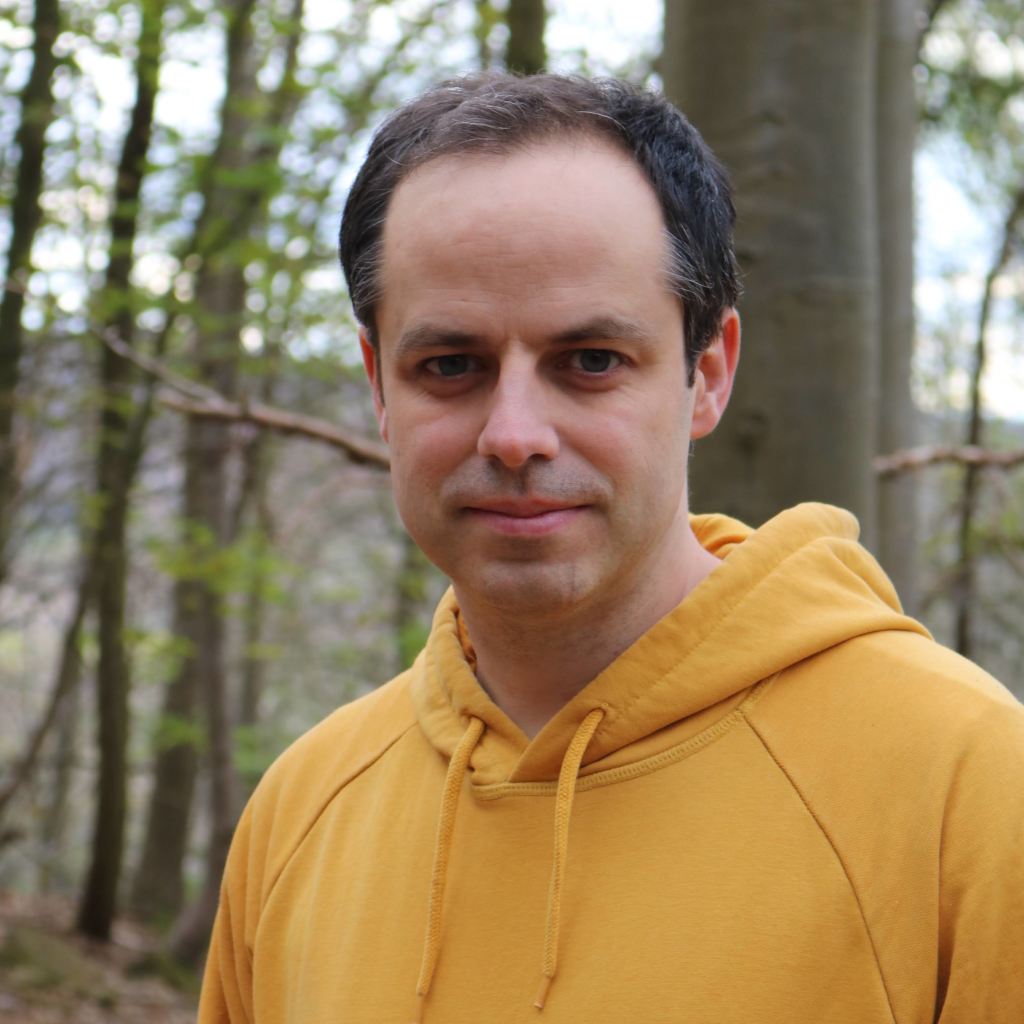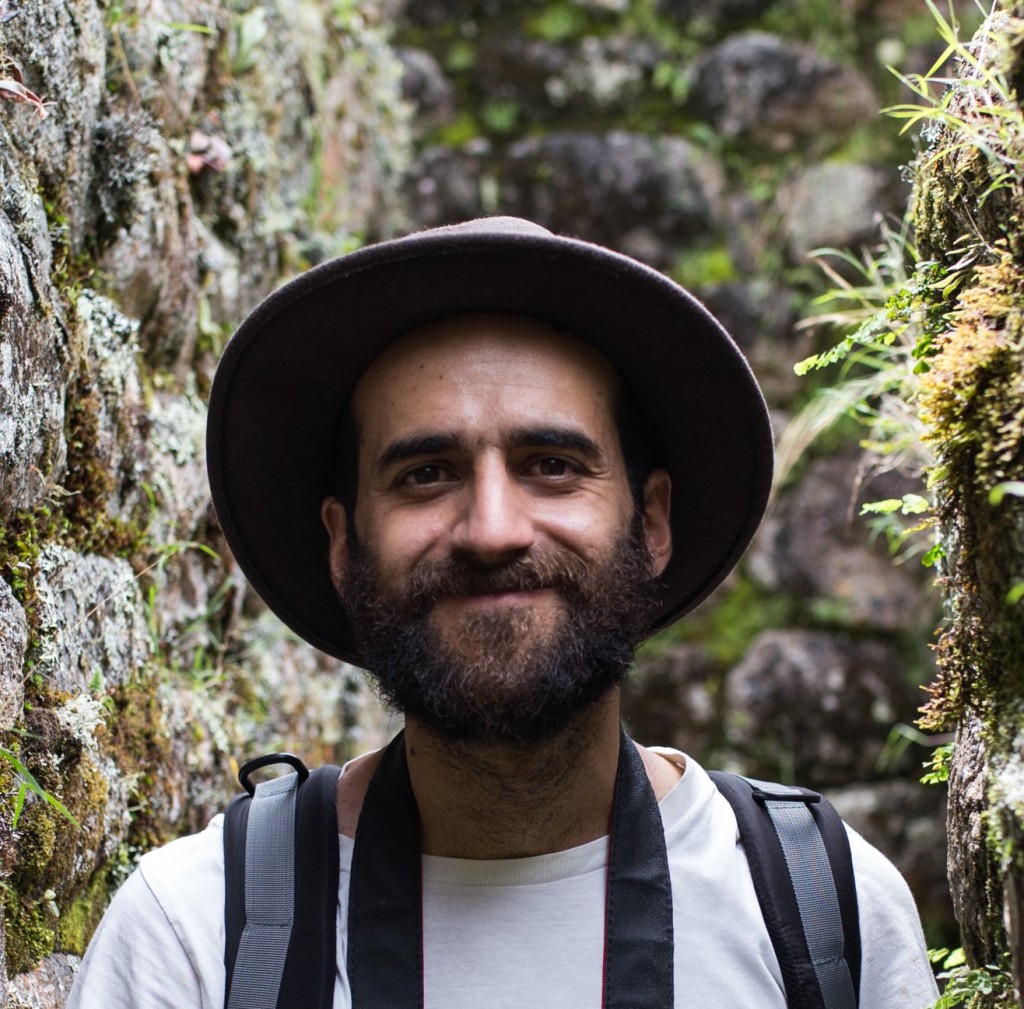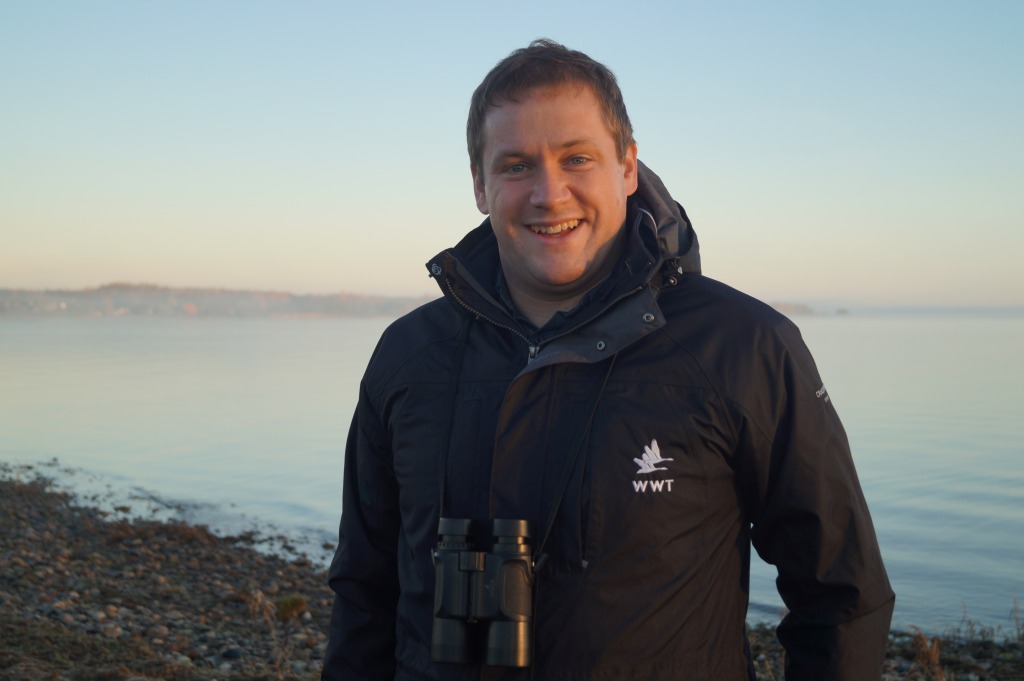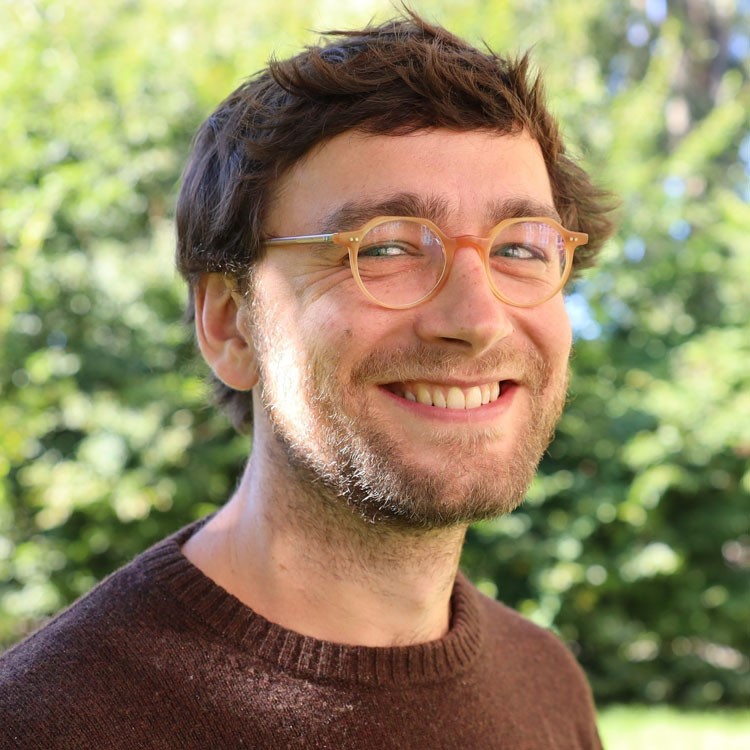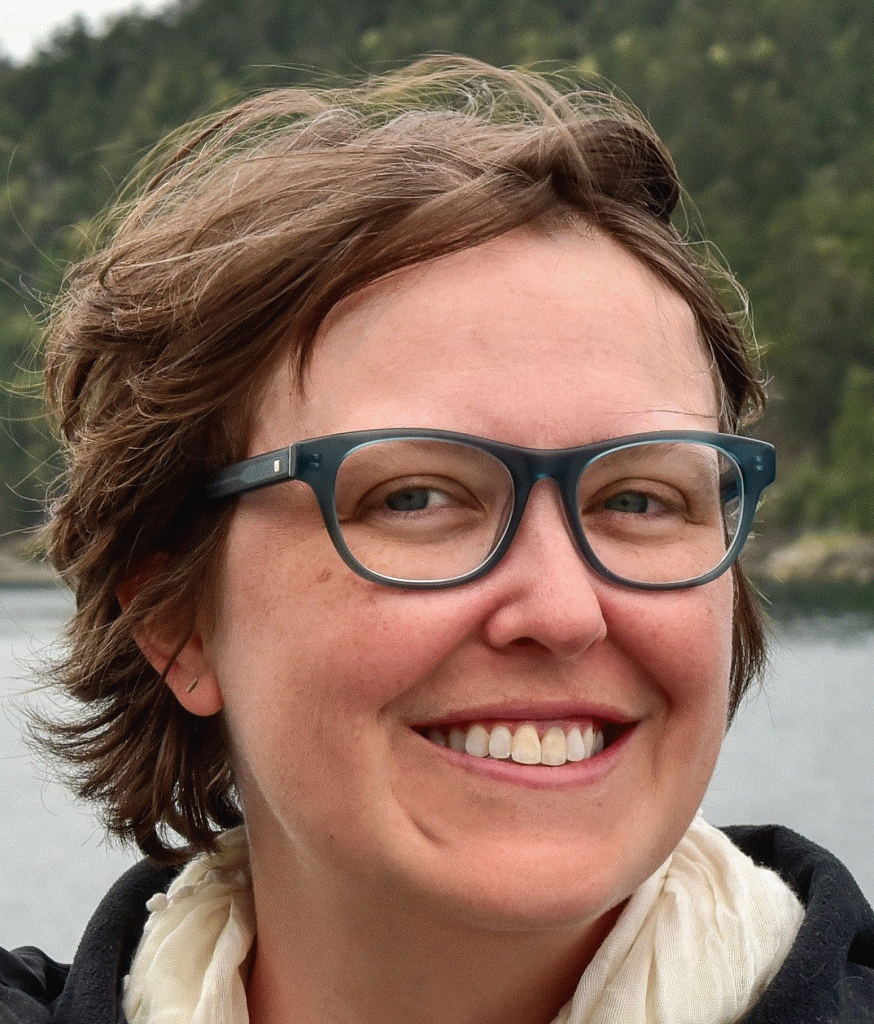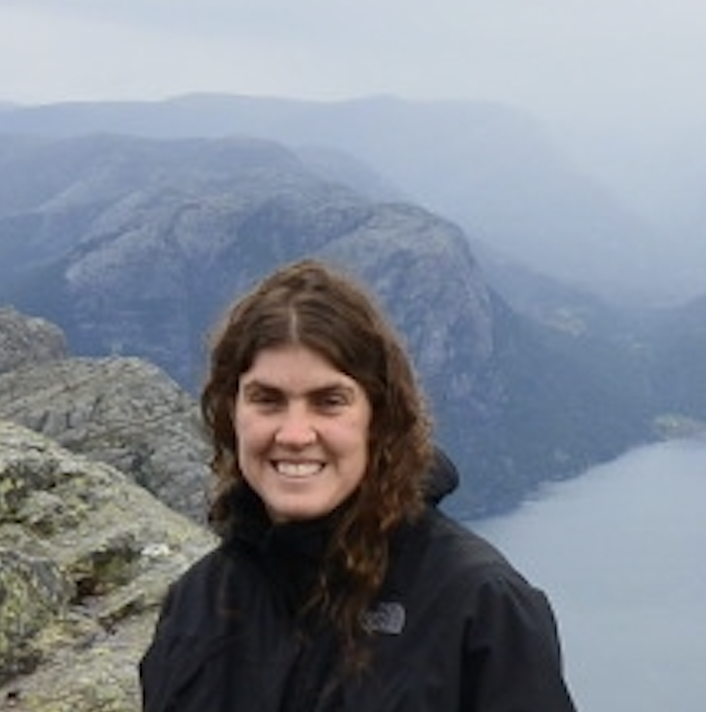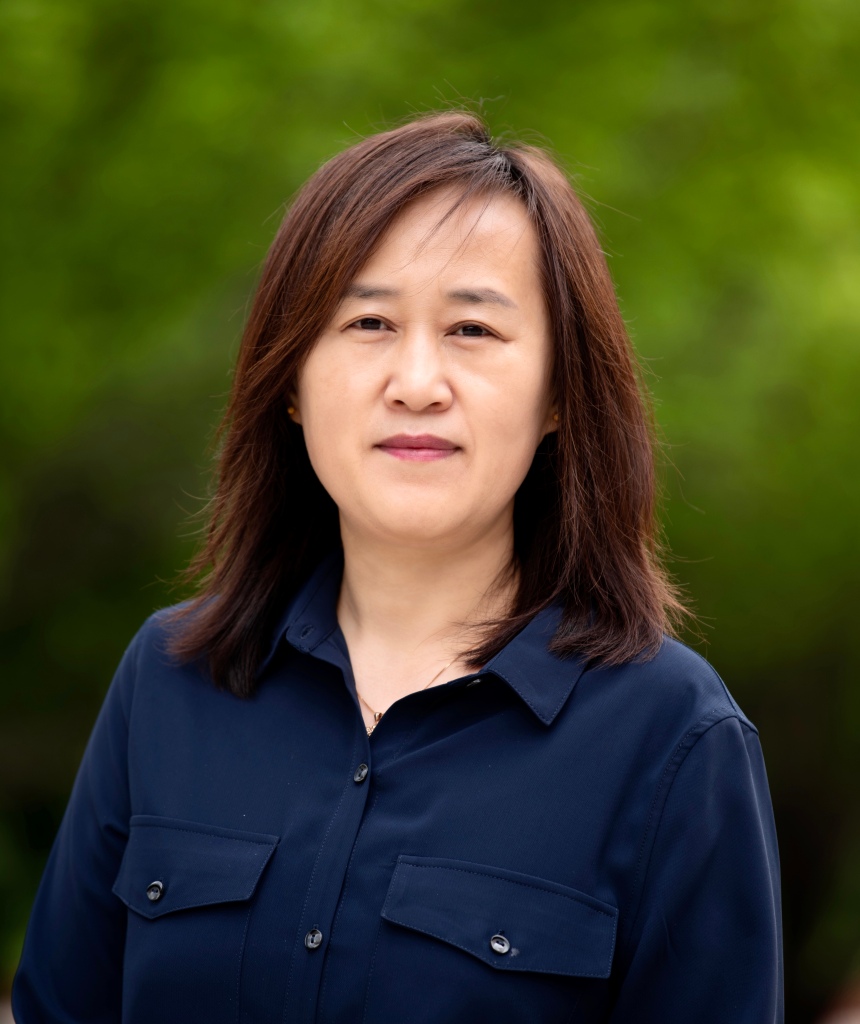|
Getting your Trinity Audio player ready...
|
Following our recent open call for applicants, we’re thrilled to welcome 23 new Associate Editors to the Journal of Applied Ecology Editorial Board!
You can find out about each new Associate Editor’s research interests below.
Mark Otieno
University of Würzburg, Germany
Mark’s research focuses on the sustainable delivery of pollination and other arthropod-mediated ecosystem services, pollinator biology with a focus on ecology, community structure and functioning, landscape change and beneficial insect conservation management. He is a specialist in developing and executing protocols for assessing pollinator and natural enemy communities and estimating the delivery of related ecosystem services. He uses various arthropod collection techniques and has expertise in arthropod identification and curation. His postgraduate students work on various topics related to ecosystem services, but all use pollinators and natural enemies of pests and related services as model systems. He catalyses linkages between applied science and local communities and promotes the use of research findings for poverty alleviation.
Munib Khanyari
Nature Conservation Foundation, India
Munib is a conservation scientist whose work primarily focuses on high-altitude regions of Central and South Asia. His work is multi-faceted ranging from population ecology of mountain ungulates and their predators to nurturing positive human-nature relationships. Munib’s research is aimed towards applying robust interdisciplinary science towards co-designing context-specific and inclusive models of conservation with the local people that inhabit the habitats where he works.
Juan C. Alvarez-Yepiz
Sonora Institute of Technology, Mexico
Juan is an integrative plant ecologist working across disciplines and ecological scales to tackle rising global challenges such as extreme disturbance events of climatic and anthropic origin. He combines field and lab work with spatial analysis and modern statistics to address his current research goals of identifying the mechanisms that control terrestrial ecosystem structure, functioning, and composition; improving our predictive capabilities of the ecological effects of −and responses to extreme climatic and anthropogenic disturbances; and proposing sound strategies to conserve and restore biodiversity in the face of global changes.
Junji Yuan
Chinese Academy of Sciences, China
Junji’s research focuses on the consequences of physical, biological, and anthropogenic processes (e.g., exotic plants invasion, sea level rise, enhanced CO2, and land use change) on the structure and systematic services of wetlands, in particular, carbon sequestration and greenhouse gases emission. Most of his work takes place in coastal salt marshes and inland freshwater wetlands, where knowledge of these feedbacks is often important for human welfare and ecosystem management.
Philip Martin
Basque Centre for Climate Change, Spain
Phil’s work quantifies the impact of humans on natural ecosystems and helps identify the best solutions to environmental problems. He’s particularly interested in how this applies to forest management and restoration and how to balance biodiversity and other environmental priorities with resource extraction. He has used many different methods in his work, but the main tools are evidence synthesis methods such as systematic review, meta-analysis, and systematic mapping.
Gabriel Moulatlet
Instituto de Ecología, Mexico
Gabriel is an ecologist interested in species diversity pattern along environmental gradients and in species responses to anthropogenic impacts (e.g., deforestation, contamination, climate changes). His research on diversity patterns has been done mostly on the variation of plant communities’ structure along edaphic, topographic and climatic gradients. Regarding the anthropogenic impacts, his research has evaluated how the presence of multiple stressors affects species ecological responses and how species can be used as indicators of such impacts. Much of his research has focused on tropical ecosystems.
Fabian A. Bötzl
Swedish University of Agricultural Sciences, Sweden
Fabian’s research focuses on biodiversity in agroecosystems and its relations to ecosystem functionality. He is interested in the conservation of biodiversity and associated beneficial natural ecosystem services in agricultural landscapes in order to increase the sustainability of agricultural production. In addition, he is interested in natural pest control and its drivers on both local and landscape scales with the aim of managing natural pest control for a more sustainable pest regulation in agroecosystems.
Richard Sherley
University of Exeter, United Kingdom
Richard is a marine ecologist and conservation biologist with interests that integrate demography, movement ecology, and management of marine vertebrates. He has worked on the impact of environmental change and human activity on marine predators, notably seabirds and elasmobranchs, in the Southern Ocean, North Atlantic, Indian Ocean and at a global scale. Ultimately, he aims to use research to understand the drivers of change in marine vertebrate populations, assess the efficacy of potential management interventions, and develop tools that can (hopefully) help decision making in the face of uncertainty.
Kevin Wood
Wildfowl & Wetlands Trust, United Kingdom
Kevin’s research focuses on providing evidence to inform the policies and actions needed to protect and conserve wetlands. He works on identifying threats to wetland ecosystems, and on diagnosing the demographic and environmental causes of population declines in threated wetland species. Current areas of research also include improving our understanding of the benefits of wetlands for nature and people, including their storage of carbon and their provision of cultural ecosystem services.
Jesus Aguirre Gutierrez
University of Oxford, United Kingdom
Jesus’ interest lies in understanding the effects of global environmental change on natural ecosystems, with a special focus on temperate and tropical forests. Jesus uses functional trait-based approaches and Earth Observation to model and predict how forest communities change across time and space and the role of the functional diversity as means of increasing resilience. Jesus is particularly interested in merging ecological and remote sensing theory and approaches to understand the impacts of a changing environment, not only on biodiversity, but also on Nature’s contributions to people.
Songhan Wang
Nanjing Agricultural University, China
Songhan is interested in investigating the structural and functional responses of terrestrial ecosystems (such as forests and crops) to global change, and also its underlying mechanisms. By combining the evidences from field experiments, remote sensing data and terrestrial ecosystem models, he aims to understand how terrestrial carbon, water and nitrogen cycle response to changing environmental factors (via CO2, temperature etc).
James White
University of Birmingham, United Kingdom
James’ applied research agenda helps inform sustainable management solutions by quantifying freshwater ecosystem responses to environmental changes and anthropogenic stressors. He is particularly interested in establishing ecohydrological relationships that guide water resource management / environmental flow strategies (e.g., flow regulation, groundwater abstraction), and has worked extensively with water companies on this. James also possesses strong expertise advising on ecologically effective river restoration schemes and appraising historic initiatives (having previously worked for a non-profit organisation on this topic). James’ goal is to continue undertaking research that facilitates knowledge transfer to practitioners and industrial partners in order to help promote the ecological health of freshwater environments.
Jan Frederik Gogarten
University of Greifswald and Helmholtz Institute for One Health, Germany
Jan is a community ecologist and evolutionary biologist interested in understanding the processes that influence and maintain animal and microbial diversity in ecosystems, while developing strategies to understand and mitigate disease emergence in human and wildlife populations. His work currently focuses on wild populations of non-human primates and he uses a diversity of molecular tools, including environmental DNA, hybridization capture, and metabarcoding to study animal and microorganism communities.
Robert Dunn
University of South Carolina, United States of America
Robert is a marine ecologist whose research applies ecological principles to questions with conservation, management and restoration applications. Robert is the Research Coordinator at the North Inlet – Winyah Bay National Estuarine Research Reserve in South Carolina, USA where he oversees a long-term environmental monitoring program and leads a research group focused on species interactions, population and community dynamics within a variety of coastal habitats including tidal creeks, hard-bottom reefs, and salt marshes.
Paul Franklin
National Institute of Water and Atmospheric Research, New Zealand
Paul is an applied freshwater ecologist with expertise in freshwater fishes, fish passage, environmental flows and ecohydraulics. A particular interest is exploring the interactions between flow and ecological responses at different scales. Recently, a key focus of his work has been developing evidence-based approaches to restoring connectivity for migratory fishes. Much of Paul’s work is solution focused and centred on bridging the gap between science, policy, and application.
Virginia Morera-Pujol
University College Dublin, Ireland
Virginia is a spatial ecologist with a special interest in species distribution models. She focuses on drivers of animal species distributions, with applications for wildlife conservation and management both in the terrestrial and marine environment. She is also interested in the study of animal movement through the analysis of tracking data, and the study of animal behaviour.
Anna Bucharova
University of Marburg, Germany
Anna in a plant evolutionary ecologist working on the interface of conservation biology, restoration ecology and plant evolution. She has been studying seed sourcing strategies for ecological restoration and their impact on ecosystem interactions. Currently, her main focus lays on rapid evolution in the context of ecosystem restoration. She works mainly in European grasslands.
Elena Kazakou
Insititut Agro Montpellier and Centre d’Ecologie Fonctionnelle et Evolutive, France
Elena Kazakou is a plant ecologist focusing on the ecological consequences of variability in plant functioning through the use of functional traits. Her work focus on the characterisation of species ecological strategies along gradients of environmental factors (cultural abandonment, soils rich in heavy metals, situations of contrasting cultural practices). She particularly try to establish relationships between functional traits and ecosystem functioning (particularly litter decomposition, biomass digestibility, biological regulations) in a context of land use change.
Karen Alofs
University of Michigan, United States of America
Karen is an applied aquatic ecologist and her research focuses on the impacts of environmental changes on freshwater fish populations and communities. Her work spans from understanding the factors controlling species invasions, to modeling ecological changes through space and time, to evaluating the impacts of habitat restoration. She uses lab experiments, field studies, survey data, and museum specimens to inform biodiversity conservation and sustainable fisheries management.
Luzhen Chen
Xiamen University, China
Luzhen’s research interests focus on coastal wetland plant ecology, particularly in studying the responses of coastal wetland plants to climate change, including warming, sea level rise, extreme low temperatures and invasive species. She studies the ecological adaptation and carbon sequestration mechanisms of plants, and the ecosystem functions in responding to climate change. She also interested in the blue carbon dynamics of coastal wetlands, including mangroves, tidal saltmarshes and seagrass beds.
Ian Vaughan
Cardiff University, United Kingdom
Ian is a community ecologist with particular interests in how river ecosystems respond to global change and river restoration. This includes understanding the roles of multiple stressors on river organisms and appraising potential climate adaptation strategies, working with statutory agencies and a range of other stakeholders. Other research interests include plant-pollinator systems, food webs and resource selection in ecological networks.
Caren Barceló
Oregon State University, United States of America
Caren is a quantitative ecologist with interdisciplinary research interests in marine ecosystem dynamics. Her research is aimed at understanding shifts in marine assemblages given multi-scale environmental variability & climate change, spatiotemporal trends in fisheries bycatch, dynamic biophysical modeling, and spatial population ecology. Broadly, her research is aimed at informing the implementation of Ecosystem-Based Fisheries Management under changing climate conditions.
Ling Wang
Northeast Normal University, China
If you’d like to find out some more information about the rest of our Editorial Board, please click here.


